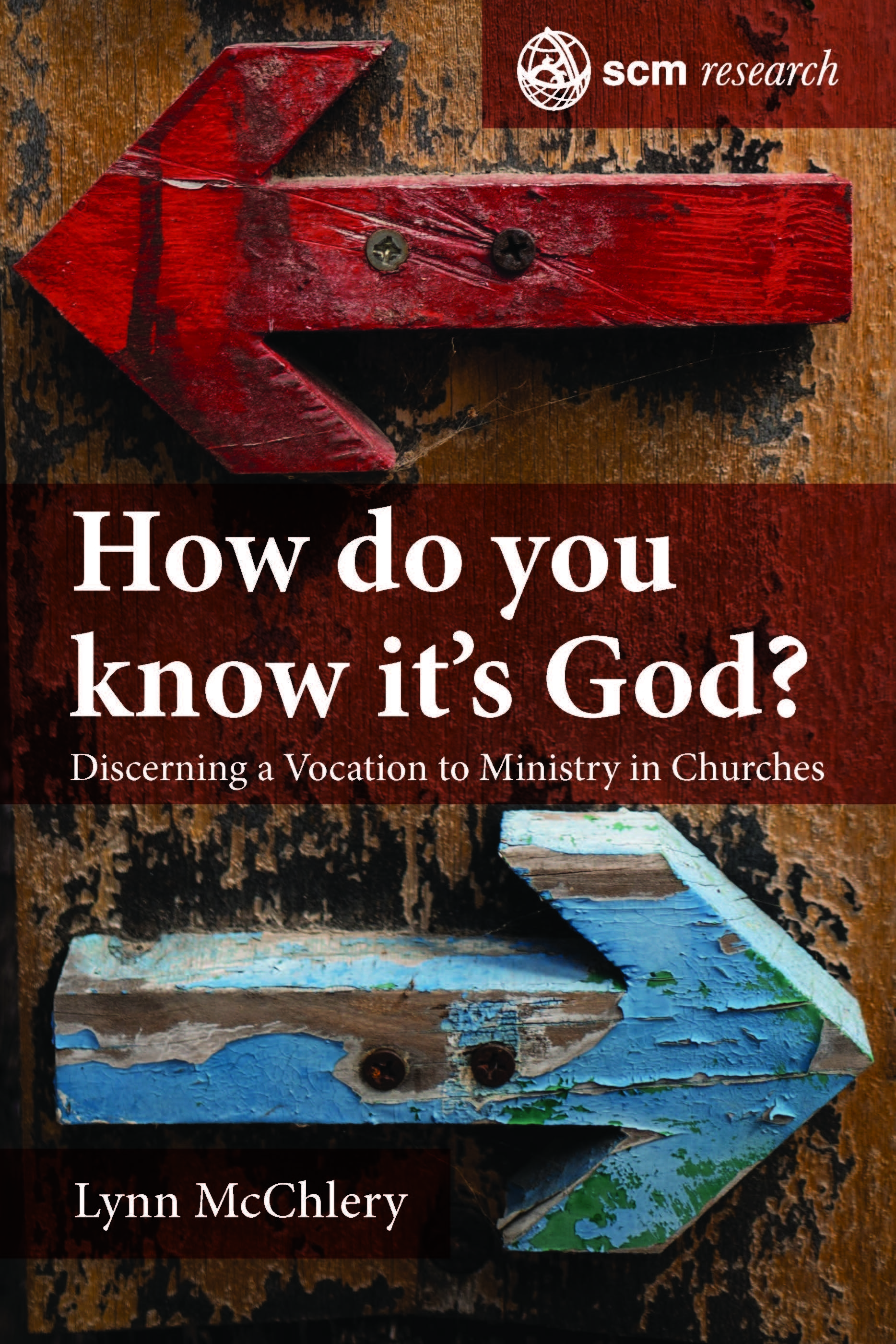
How do You Know it's God?
£48.75
Description
Much of the conversation and concern of churches and of Christian individuals is centred around Christian discernment or knowing God’s leading in decision-making. The language we use around these moments is fluid, and often feels inadequate – ask someone how they ‘know’ what God might be saying in a given situation and they may well reach for the phrase ‘I just know’.
In "How Do You Know it’s God?", Lynn McChlery draws on ethnographic research amongst those in different kinds of ‘discernment’ processes, along with theological, spiritural and psychological insights to try and understand this phenomenum of ‘insight’ – or ‘just knowing’. Challenging the perception that such intuition needs to be marginalised and removed from discernment conversations, McChlery suggests that instead intuition can and should be intentionally matured both individually and in communities; and that it can be verified, articulated and recorded in forms appropriate to its own mode of insight. It is a vital new contribution to the scholarship for all practical theologians researching ecclesiology, vocation, group dynamics in churches, and communal decision-making processes of any kind.
Much of the conversation and concern of churches and of Christian individuals is centred around Christian discernment or knowing God’s leading in decision-making. The language we use around these moments is fluid, and often feels inadequate – ask someone how they ‘know’ what God might be saying in a given situation and they may well reach for the phrase ‘I just know’.
In "How Do You Know it’s God?", Lynn McChlery draws on ethnographic research amongst those in different kinds of ‘discernment’ processes, along with theological, spiritural and psychological insights to try and understand this phenomenum of ‘insight’ – or ‘just knowing’. Challenging the perception that such intuition needs to be marginalised and removed from discernment conversations, McChlery suggests that instead intuition can and should be intentionally matured both individually and in communities; and that it can be verified, articulated and recorded in forms appropriate to its own mode of insight. It is a vital new contribution to the scholarship for all practical theologians researching ecclesiology, vocation, group dynamics in churches, and communal decision-making processes of any kind.
Instant Downloads
Access content immediately after purchase in the appSync to 6 Devices
Download your content to 6 devices including smartphones and tabletsNeed support?
Customer reviews
Download the App
Download the Christian360 App to read eBooks and listen to Audiobooks bought at Christian360
Download the App
Download the Christian360 App to read eBooks and listen to Audiobooks bought at Christian360
